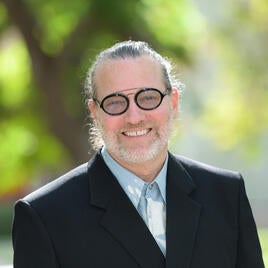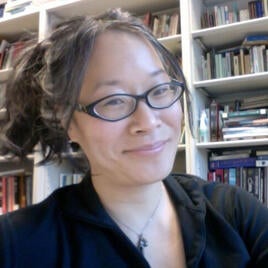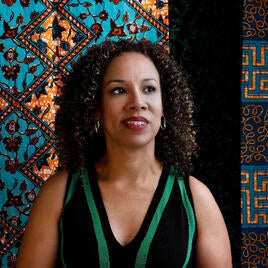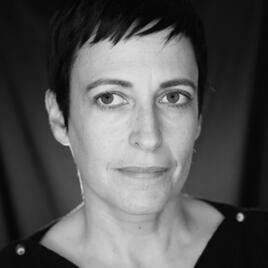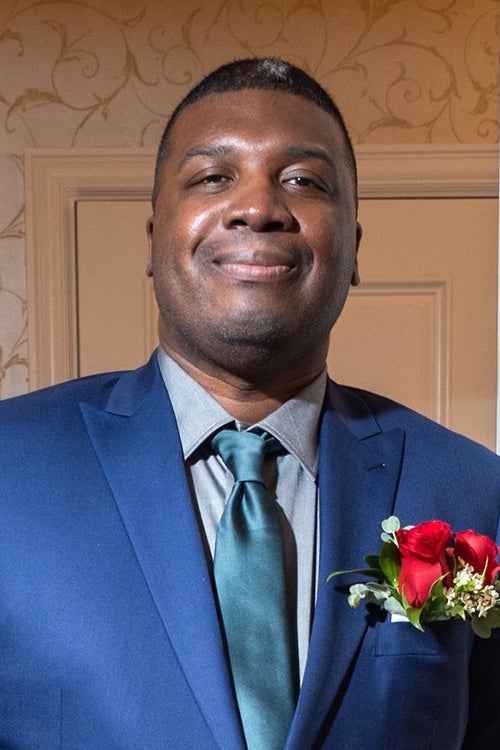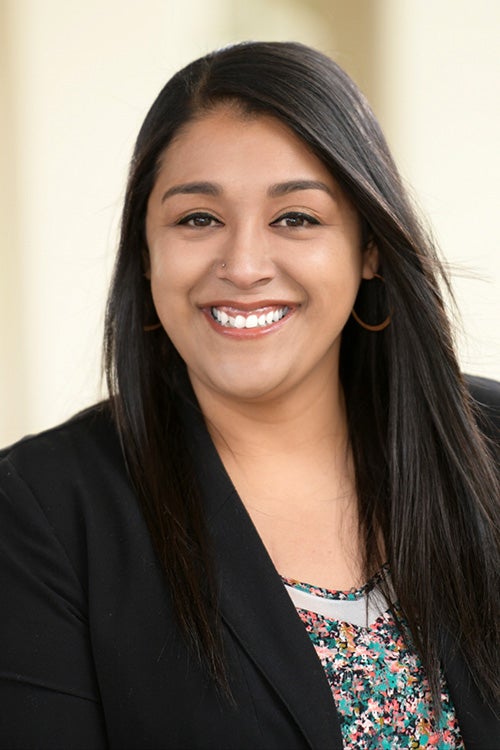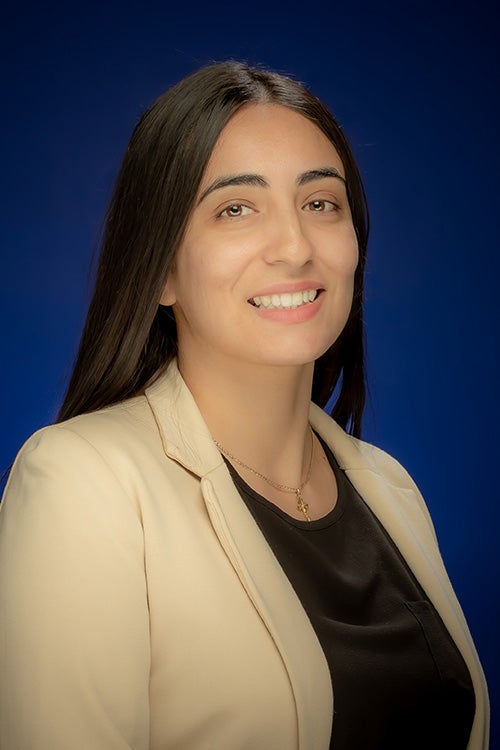
Welcome to the UCR Department of English!
Mission Statement
The UCR English Department is committed to the study of English and American literature and cultures. Our work is oriented by literature and by the question of the literary, even as it expands to consider a wide range of texts. Oral traditions, material objects, visual culture, performance art, and soundscapes figure in our scholarship alongside more traditional and other innovative forms. A broad and diverse understanding of English and American literature includes everything from medieval lyrics to film and digital media; from the plays of Shakespeare to the work of Louise Erdrich, Theresa Hak Kyung Cha, and Toni Morrison; from poetry by Sor Juana Inés de la Cruz to novels by Mary Shelley, James Joyce, or the poetry and prose of Cherrie Moraga or Gloria Anzaldúa.
A wide range of critical formations shapes our practice. To name only a few: archive studies; Asian American Studies; Black Studies; Feminist and Queer Studies; Hemispheric Studies; Latin@ Studies; Native and Indigenous Studies; Postcolonial Studies; SFTS (Science/Speculative Fiction and Technology Studies); and Transatlantic Studies. Literature, furthermore, is not only what we study: it is what we write. Our department has a history of supporting innovative critical practice across a range of formats, including experimental criticism, creative non-fiction, poetry, and curatorial work.
Our undergraduate and graduate programs are structured around principles of justice and equality, and we pride ourselves that our own innovative research demonstrates these principles, as does our commitment to imaginative pedagogy. We take the meaning of instruction and mentorship seriously: the integrity of the faculty-student relationship is at the heart of our work. We show our broad range of interests and rich research profile in everything we do, and we share those interests with our students. Our teaching anchors our scholarship. As a department, we are committed to valuing the ways that teaching, service, and scholarship inform and support each other.
We at UCR would like to respectfully acknowledge and recognize our responsibility to the original and current caretakers of this land, water, and air: the Cahuilla [ka-weeahh], Tongva [tong-va], Luiseño [loo-say-ngo], and Serrano [se-ran-oh] peoples and all of their ancestors and descendants, past, present, and future. Today this meeting place is home to many Indigenous peoples from all over the world, including UCR faculty, students, and staff, and we are grateful to have the opportunity to live and work on these homelands.
Upcoming Events
Chair and Faculty Advisors
Advising
Gene Gray
Graduate Student Affairs Officer
Graduate Studies
(951) 827-827-0957
gene.gray@ucr.edu
Elaine Chacon
Undergraduate Academic Advisor
Undergraduate Studies
(951) 827-3343
elaine.chacon@ucr.edu
Karla Gonzalez
Enrollment Manager
karla.gonzalezurena@ucr.edu
